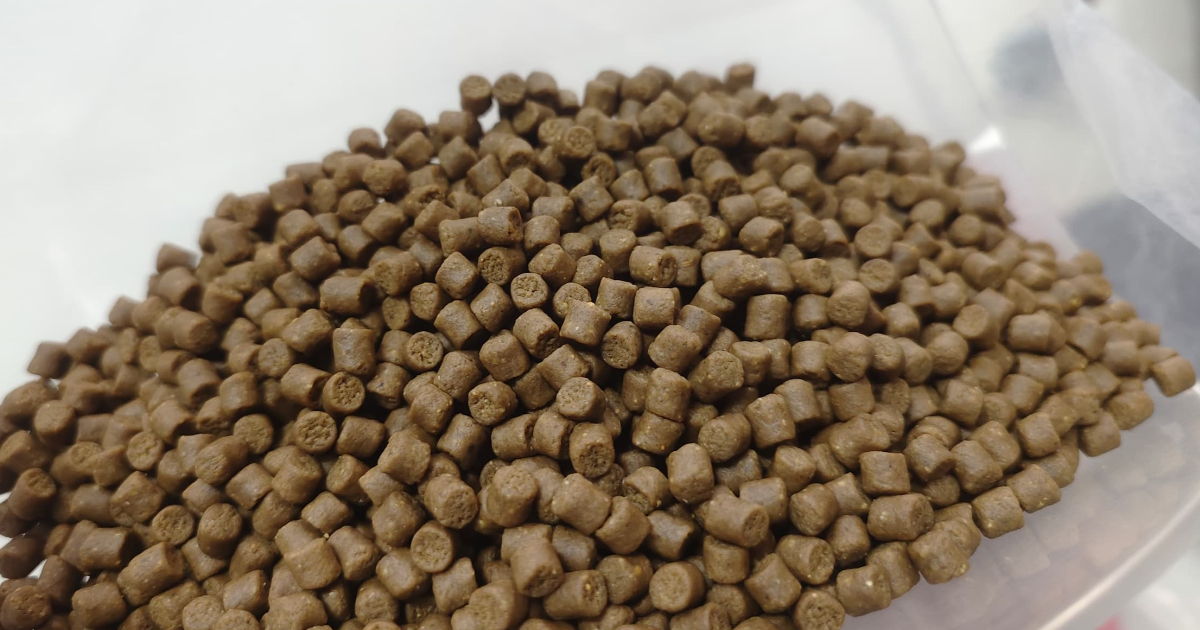State of the Art in Fish Nutrition: Antimicrobials, Immunostimulants, Synbiotics and Alternative Protein Sources
A special issue of Biology (ISSN 2079-7737). This special issue belongs to the section "Zoology".
Deadline for manuscript submissions: 31 December 2025 | Viewed by 8271

Special Issue Editor
Special Issue Information
Dear Colleagues,
The rapidly growing aquaculture industry is facing multiple challenges, such as disease outbreaks, antibiotic resistance, and concerns about environmental sustainability. According to World Bank data, disease outbreaks contribute to a significant loss in the global aquaculture industry, accounting for USD 6 billion annually. In recent decades, many efforts have been invested in R&D to mitigate the risk of disease outbreaks in aquaculture farms.
The use of natural antimicrobial agents, such as plant extracts, insect derivatives, and microbial metabolites, shows promising solutions for combating pathogens while reducing the risk of antibiotic resistance. The exploration of various bio-compounds, such as beta-glucans, antimicrobial peptides (AMPs), nucleotides, and herbal compounds, is increasingly recognized for their ability to activate innate immune responses while enhancing disease resilience in farmed fish.
In the 1980s and 1990s, prebiotics and probiotics were commonly used in aquaculture to optimize growth and survival rates in many countries, while the concept of synbiotics (combinations of both prebiotics and probiotics) started to be introduced to aquaculture in the early 2000s. The EU ban on antibiotic growth promoters in 2006 accelerated the global adoption of these feed additives in the aquaculture industry. More recently, research has begun to search for sustainable protein sources in aqua feed. Potential protein sources, including insect meals, single-cell proteins, plant-based proteins (other than soybean meal), and novel proteins from different fungi and bacteria, are also heavily studied to replace traditional fishmeal (FM) and fish oil, with the intentions of reducing overfishing, carbon footprints, and ecological stresses.
This Special Issue, entitled “State of the Art in Fish Nutrition: Antimicrobials, Immunostimulants, Synbiotics and Alternative Protein Sources”, aims to explore the latest advancements and developments in aquaculture nutrition that promote fish health and farm productivity. The collection of research articles, reviews, and case studies in this Special Issue covers a wide range of topics, including the efficacy and mechanisms of various antimicrobials, immunostimulants, synbiotics, and alternative protein sources in the formulation of feeds, as well as the investigation of their effects on the physiological performance of various aquaculture species. This literature integrates the most effective methods that offer a more sustainable and better solution for the future of our aquaculture industry.
We warmly welcome your insights and look forward to receiving your contributions to this Special Issue.
Dr. Jiun-Yan Loh
Guest Editor
Manuscript Submission Information
Manuscripts should be submitted online at www.mdpi.com by registering and logging in to this website. Once you are registered, click here to go to the submission form. Manuscripts can be submitted until the deadline. All submissions that pass pre-check are peer-reviewed. Accepted papers will be published continuously in the journal (as soon as accepted) and will be listed together on the special issue website. Research articles, review articles as well as short communications are invited. For planned papers, a title and short abstract (about 250 words) can be sent to the Editorial Office for assessment.
Submitted manuscripts should not have been published previously, nor be under consideration for publication elsewhere (except conference proceedings papers). All manuscripts are thoroughly refereed through a single-blind peer-review process. A guide for authors and other relevant information for submission of manuscripts is available on the Instructions for Authors page. Biology is an international peer-reviewed open access monthly journal published by MDPI.
Please visit the Instructions for Authors page before submitting a manuscript. The Article Processing Charge (APC) for publication in this open access journal is 2700 CHF (Swiss Francs). Submitted papers should be well formatted and use good English. Authors may use MDPI's English editing service prior to publication or during author revisions.
Keywords
- probiotics
- prebiotics
- synbiotics
- immunostimulants
- antimicrobial peptides
- alternative protein/single-cell protein sources
- insect meals
- aquatic species
- metabolisms
- disease resistances
Benefits of Publishing in a Special Issue
- Ease of navigation: Grouping papers by topic helps scholars navigate broad scope journals more efficiently.
- Greater discoverability: Special Issues support the reach and impact of scientific research. Articles in Special Issues are more discoverable and cited more frequently.
- Expansion of research network: Special Issues facilitate connections among authors, fostering scientific collaborations.
- External promotion: Articles in Special Issues are often promoted through the journal's social media, increasing their visibility.
- Reprint: MDPI Books provides the opportunity to republish successful Special Issues in book format, both online and in print.
Further information on MDPI's Special Issue policies can be found here.






